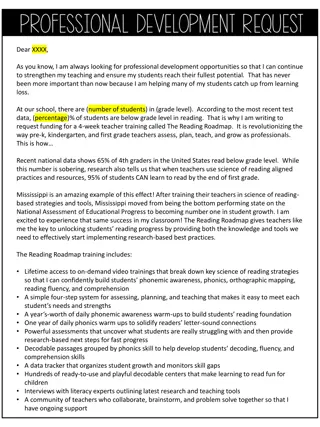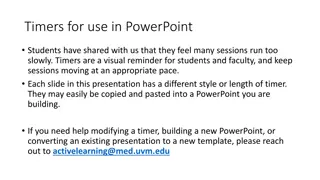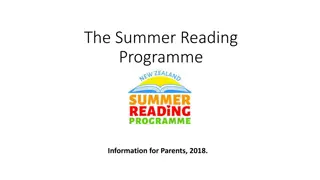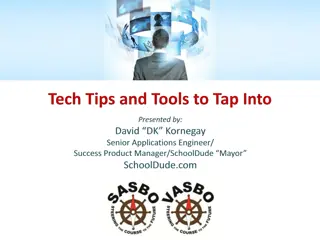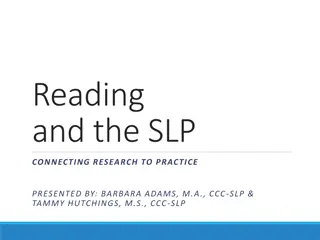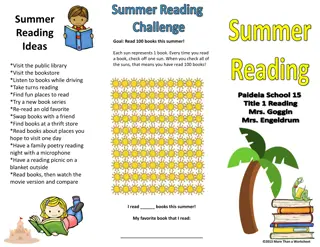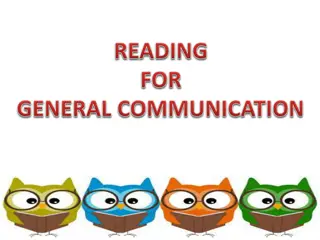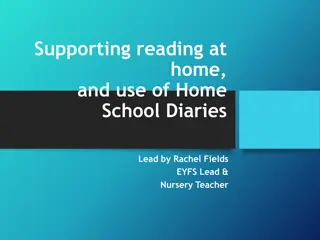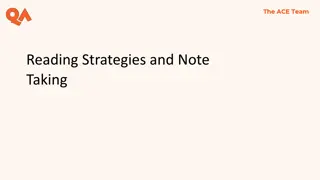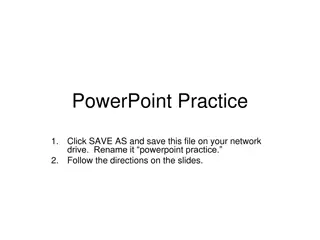
Effective Tips for Summer Reading Preparation at University
Prepare yourself for university learning by following these helpful tips for summer reading, including how much to read, dealing with focus issues, understanding difficult content, and more. Make the most of your summer reading experience to enhance your readiness for academic challenges ahead.
Download Presentation

Please find below an Image/Link to download the presentation.
The content on the website is provided AS IS for your information and personal use only. It may not be sold, licensed, or shared on other websites without obtaining consent from the author. If you encounter any issues during the download, it is possible that the publisher has removed the file from their server.
You are allowed to download the files provided on this website for personal or commercial use, subject to the condition that they are used lawfully. All files are the property of their respective owners.
The content on the website is provided AS IS for your information and personal use only. It may not be sold, licensed, or shared on other websites without obtaining consent from the author.
E N D
Presentation Transcript
Hertford College TIPS FOR SUMMER READING
Summer reading Common questions are: How much should I read? What if I can t focus? What if I don t understand? Summer reading is an opportunity to prepare yourself for the greater freedom, independence, and intellectual challenge of learning at university.
How much should I do? Do I have to read everything? Read what is accessible achievable useful
Worksheets Tip: Locate the sections which help you complete any pre-course tasks.
Set texts Familiarising yourself with set texts will take the pressure off during term.
Long reading lists Prioritise books which seem most relevant for your learning goals.
SpLDs Some Specific Learning Difficulties can affect how much and how fast students read. Less is more: decide your highest priority.
What if I cant focus? Break the work down into a single task. Focus on one thing at a time. short bursts of study: 25 minutes + 5 minute break. steps. Do problem sheet. Read problems and jot down what I know. (25 minutes) Do easiest problems. (25 minutes) With some SpLDs, work in little and regular blocks.
What if I dont understand? Strategies when learning from reading: Be active. Pause regularly and explain the preceding paragraphs in your own words. Note what you don t understand to research later. When necessary, find something more introductory. Some SpLDs can make reading new information more challenging. Give yourself time to reread, and to revisit the information on another day.


